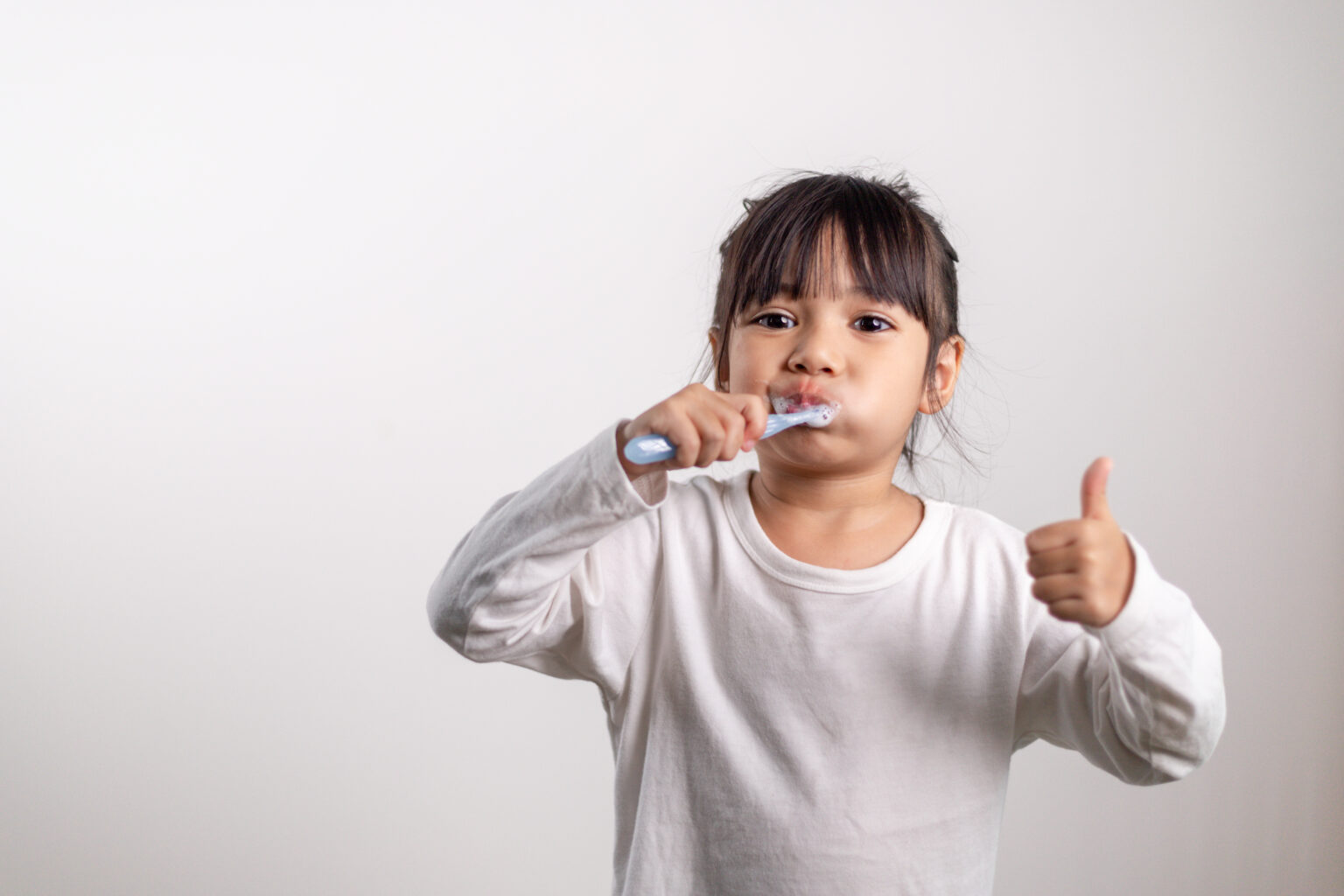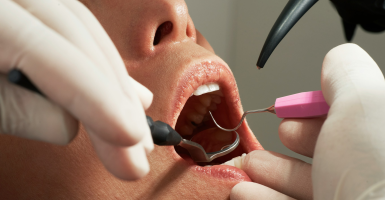Introduction:
Children’s dental care is a crucial aspect of their overall health and well-being. Unfortunately, there are numerous misconceptions surrounding this topic that can misguide parents and caregivers. In this blog, we aim to debunk these myths and provide accurate information to ensure that children receive the best possible dental care.
Myth #1: Baby Teeth Are Not Important
Some parents believe that since baby teeth eventually fall out, they are not crucial to a child’s oral health. However, baby teeth play a vital role in a child’s development. They help with proper speech development, chewing, and also maintain space for adult teeth to come in correctly. Neglecting baby teeth can lead to issues with adult teeth later on.
Myth #2: Children Don’t Need to Visit the Dentist Until They Have All Their Teeth
Waiting until a child has all their teeth to visit the dentist is another common misconception. In reality, the American Academy of Pediatric Dentistry recommends that a child’s first dental visit should occur by their first birthday or within six months of their first tooth erupting. Early dental visits help identify potential issues and establish good oral hygiene habits from a young age.
Myth #3: Cavities in Baby Teeth Don’t Matter
Some parents may think that cavities in baby teeth are not a significant concern because these teeth will eventually fall out. However, untreated cavities can lead to pain, infection, and complications that can affect a child’s overall health. Additionally, healthy baby teeth contribute to proper jaw development and alignment of adult teeth.
Myth #4: Fluoride Is Harmful to Children
There is a misconception that fluoride is harmful, especially for young children. In reality, fluoride is crucial for preventing tooth decay. It strengthens tooth enamel and reduces the risk of cavities. Using fluoride toothpaste in an age-appropriate amount, as recommended by dental professionals, is safe and beneficial for children.
Myth #5: Children Shouldn’t Brush Their Teeth Until They Can Spit
Some parents delay introducing toothbrushing until their child can spit out toothpaste, fearing that swallowing toothpaste is harmful. However, using a small amount of fluoride toothpaste on a child’s toothbrush is safe and recommended, even if they cannot spit it out. Teaching proper brushing habits early on is essential for maintaining good oral hygiene.
Myth #6: Thumb-Sucking and Pacifiers Are Harmless
While thumb-sucking and pacifier use are common in infants, prolonged habits can impact dental development. Extended thumb-sucking or pacifier use may lead to issues like misalignment of teeth or changes in the roof of the mouth. It’s essential for parents to monitor and help children break these habits at an appropriate age.
Conclusion:
Dispelling these common misconceptions about children’s dental care is crucial for promoting good oral health habits from an early age. Parents and caregivers should prioritize regular dental check-ups, encourage proper oral hygiene practices, and be aware of the importance of baby teeth in the overall development of a child’s oral health. By staying informed and addressing these misconceptions, we can ensure that children receive the best possible dental care for a lifetime of healthy smiles.












